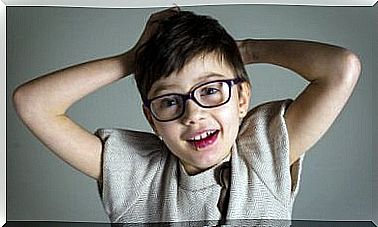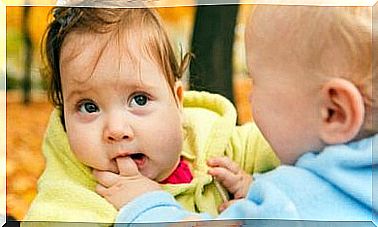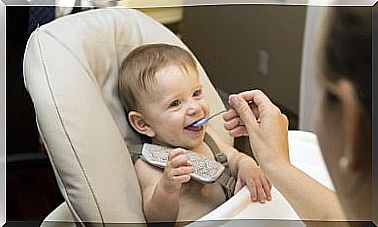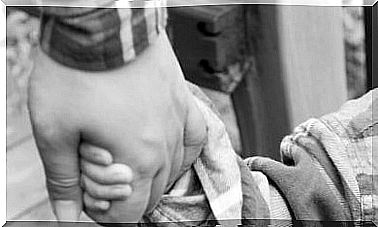Do Only Children Have A More Flexible Brain?
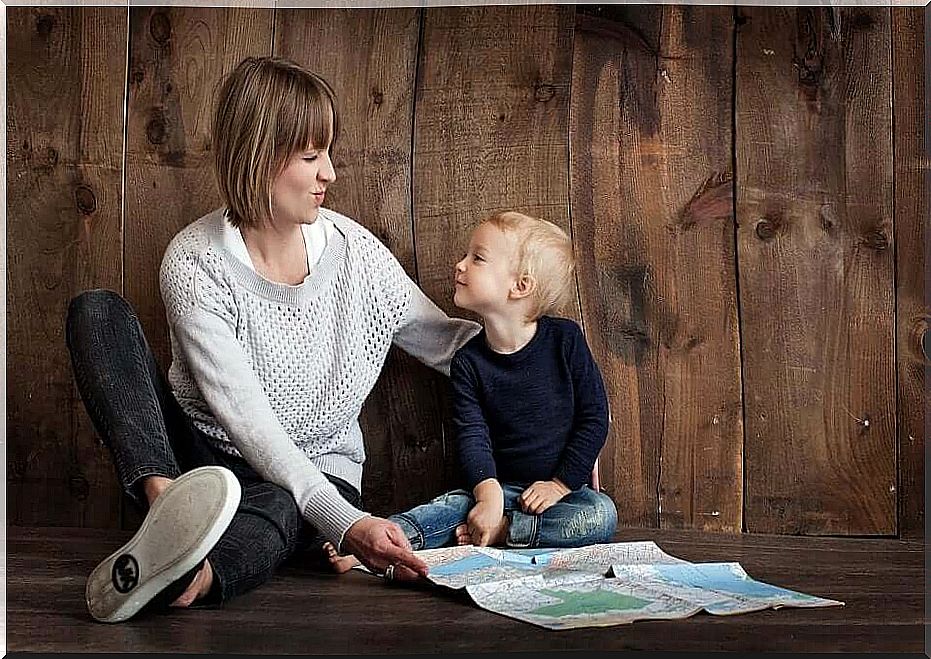
The cited article refers to a Chinese study that some children have more developed the area of their brain devoted to language, but that the area related to emotion regulation is less advanced.
A group of researchers from Southwest University in Chongqing, China, analyzed 303 young Chinese children: 126 only children and 177 with siblings. They were all subjected to tests that measured their intelligence, creativity and personality.
Scientists also analyzed the study participants’ brain shape through magnetic resonance imaging. After analyzing their results, the researchers found that the brains of only children have an overdeveloped and underdeveloped area.
This is mainly because the family environments in which individuals grow up influence the development of brain structure and condition their personality.
Only children are very creative

Researchers found no difference in IQ, but did conclude that single children have a greater amount of gray matter in the area associated with language, flexibility, imagination and planning.
This is largely due to the attention they receive from the parents. That would mean that the creativity that children develop depends to some extent on the expectations and attention that their parents give them.
The research also shows that only children have a smaller amount of gray matter in the middle frontal cortex. This is an area of the brain that we associate with the regulation of emotions. Therefore, they score lower in friendliness, relative to those who do have siblings.
The Chinese researchers suggested that these characteristics may indicate that the loneliest social environment is what generates these differences. This is also related to the low levels of empathy recorded in other tests.
The reason why some children are perceived as less friendly may in turn be the result of excessive attention from the parents and the rest of the family. In these cases, the boys and girls are less exposed to outside social groups. They are therefore more focused on activities alone.
According to the published article, this leads to the children exhibiting ‘undesirable personality traits’ such as dependence, lack of cordiality, selfishness and social awkwardness.
Is this study representative?
The absence of siblings generally means that only children miss out on important opportunities in social relationships because they fail to develop psychosocial skills or emotional support, according to experts.
It is also important to note that the above-mentioned study was conducted with a small sample size in China. Only young people were also analysed. Other variables may emerge in other studies and with different age groups. Thus, the study also has its potential limitations and biases.
However, this isn’t the first time a study has analyzed the brain structure of some children. There are previous behavioral studies showing similar results to those of the Chinese study.
There is also an analysis of 115 scientific studies conducted in 1986. This analysis showed that single children performed better on intelligence tests, character and parenting than children who grew up with multiple siblings.
stubborn personality

Only children are usually very stubborn because they are used to pursuing their own interests. They can also be very possessive. They can also be very precise about their privacy and time. They are not used to sharing it with someone else.
However, the personality varies depending on the living conditions of the child. Education shapes the child’s personality in a powerful way.
An article published online explains that another trait of the personality of only children is that they are generally very mature for their age. This is a trait due to their environment. Because they have no siblings, they seek the company of their parents or other adults. And since they are the only role models they have, they tend to compare themselves to them.
They like to pretend they are much older than they are. Many of these only children can even become the typical ‘know-how’.


